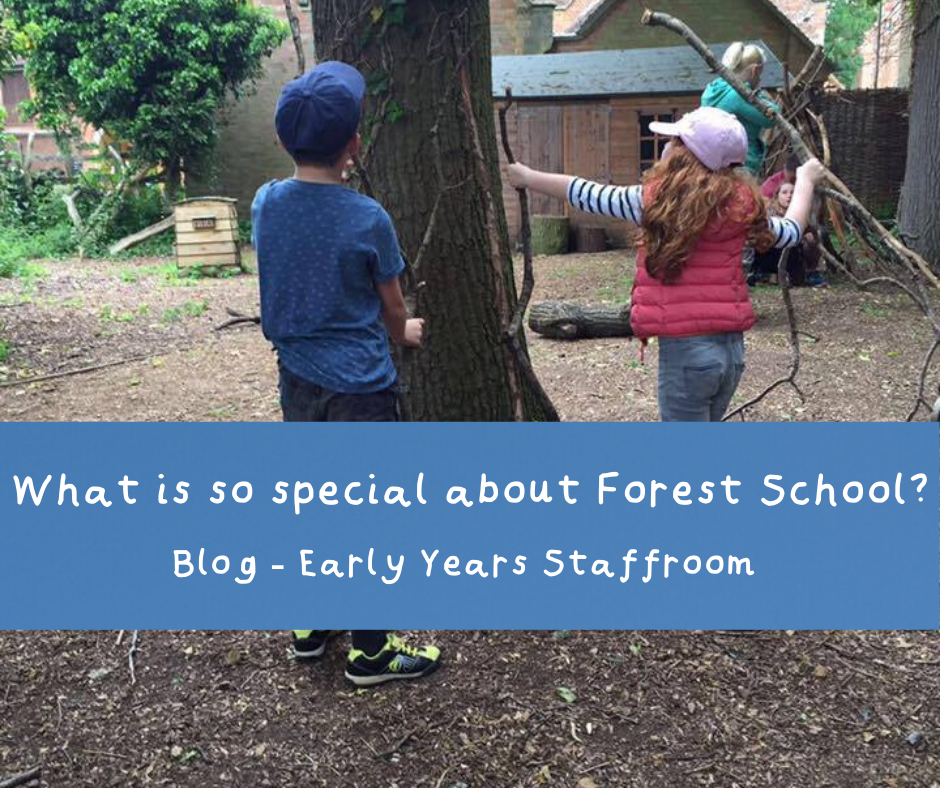During my childhood I was very much outdoors for most of the time. I was happiest when I was outside with my friends making dens and feeling free. I remember weekend woodland walks with our lovely dog and camping with my family and later with my friends. I remember making potions with flower petals endlessly trying to come up with something that smelled remotely like my Mum’s channel no. 5! There were computer games, but they didn’t really interest me or perhaps I just didn’t get a look in with two older brothers! Living in a small village we had a field behind our house growing up which I could just take myself off to whenever I pleased at quite a young age and explore. It did wonders for the soul. I never went so far that I couldn’t find my way home, simply remembering where I came, this is quite a different picture to the freedom children experience today things are a little different in today’s world. I am sure everyone reading this remembers outside adventures when they were young even on school trips they were always outside and how much fun were they? How much learning happened during those times?
The idea of Forest Schools first came from Denmark in the 1950s and later to the UK in the 1990s however I didn’t discover it until 2010. I was inspired to find out more about it when I did my PGCE in Oxfordshire, we had a wonderful lecturer Nick Swarbrick who I will never forget who was so passionate about the importance of children having freedom and the opportunity to connect with nature.
How does it work?
A Forest School Leader and a group of children visit the same woodland area each week (or the more often the better) over a long period of time, they build a relationship with the area and grow a sense of ownership and look after it and develop their imaginations through play with each visit. Children are able to see changes as the seasons change and have a real appreciation for nature. Children begin with some structured activities in order to learn how things work for example setting up a fire etc. Adults help children develop their problem solving skills which is following a Reggio Emelia approach to education and focussing on interactions between adults and children. Then after time children will take the lead and develop their play using skills they have previously learnt.
Benefits of Forest School
Research by the New Economics Foundation shows that forest school gives children:
• Increased self-esteem and self-confidence through taking ownership of the land and being in control of their movements
• Improved social skills and language and communication skills by working as a team to create amazing things while problem solving
• Improved physical motor skills by using muscles to build and climb
• Improved motivation and concentration from leading their own learning, doing things by themselves and feeling free and in control
• Increased knowledge and understanding of the environment by learning knowledge from their forest school leader about the environment and finding out things for themselves
Children can also experience aspects such as conservation and sustainability first hand and develop a love of nature which will inevitably help the planet in the long term. We care for what we know and love.
The outdoors is the ideal environment for experiential learning, because it offers unique opportunities to be creative, to move around, to be noisy and to take risks. The outdoors has weather, sounds, smells and textures which can enrich and enhance a child’s learning environment.
The world may be different now to when I was young but there is a need for children to be outside, to play freely, embracing risk and connecting with nature and more and more schools are recognising this with the introduction of forest school. I am so passionate about outdoor learning and I imagine a world where schools are mainly based outdoors. This is my hope for the future.
Do you need to be trained to provide forest school?
It is like anything really, do you need to be trained to be a Teacher? No you don’t but you really would want to be wouldn’t you to be the best Teacher you can be and make sure you are doing it right. You are also not allowed to use the term ‘Forest School; if you are not Level 3 qualified. If you are not trained, you may do forest school in a way which is too structured for example meaning the full benefits will not be gained.
Every school and every nursery ideally should have one forest school leader or a forest school leader who comes into school to take children out. If you want to provide more outdoor learning opportunities while you are waiting for your training then we have a fantastic outdoor learning handout with many ideas as well as campfire recipes, animal footprints to find and den building ideas.
You will need to do a risk assessment before you start. We want children to take risks but also be safe so we also have some quick and simple forest school rules to follow.
You can find many places that train in forest school online by searching level 3 forest school training and find one near you although you may want to travel to one. The course usually costs around £1000. We have also created some forest school planning for Nursery and Reception which can be adapted to your children’s needs.
Equipment for children for exploring outside in nature:
Clay, charcoal and chalk, string, scissors, magnifying glass, water, binoculars, bags to collect things, mirror, blindfold, head torch and compass.
Forest school simply is so very special and I hope this encourages everyone reading this to look into training or get involved in forest school in some way.
For more blogs please see www.earlyyearsstaffroom.com










